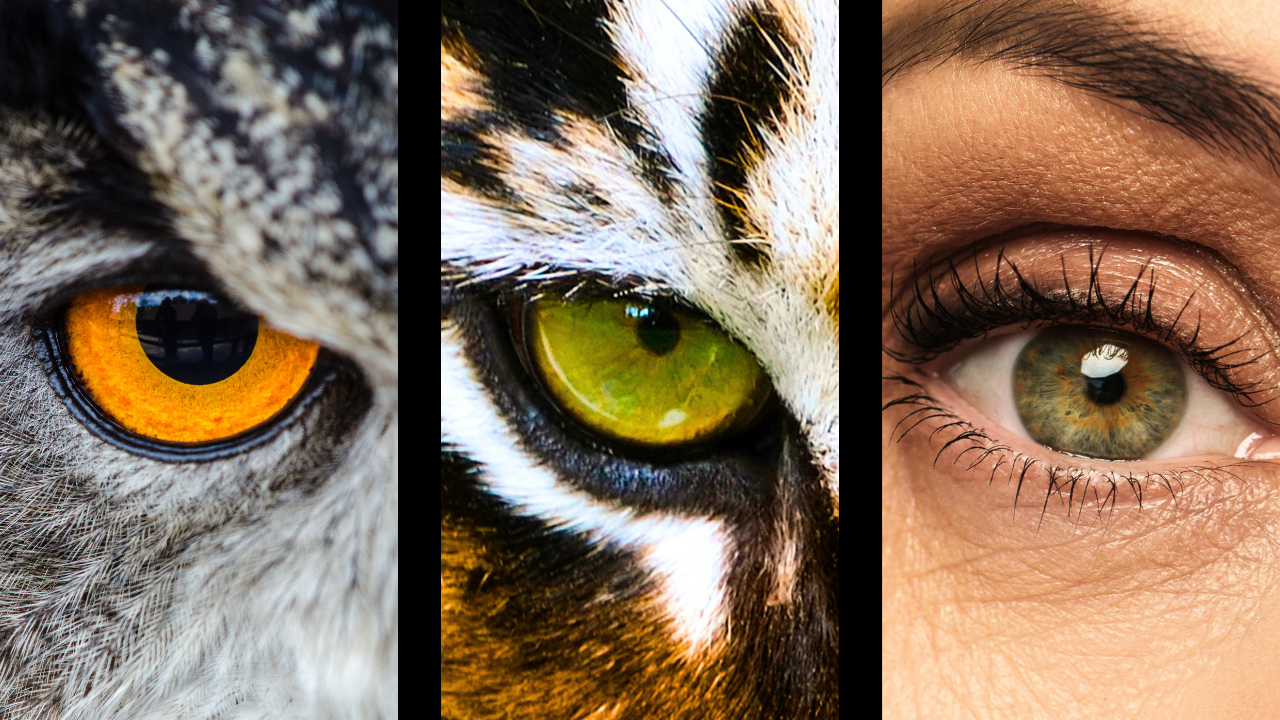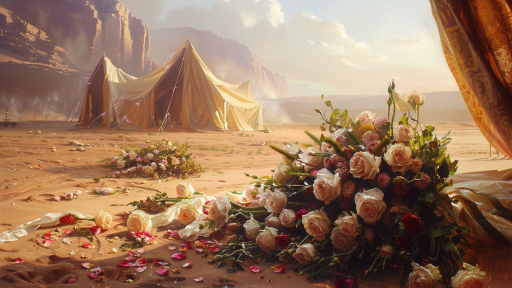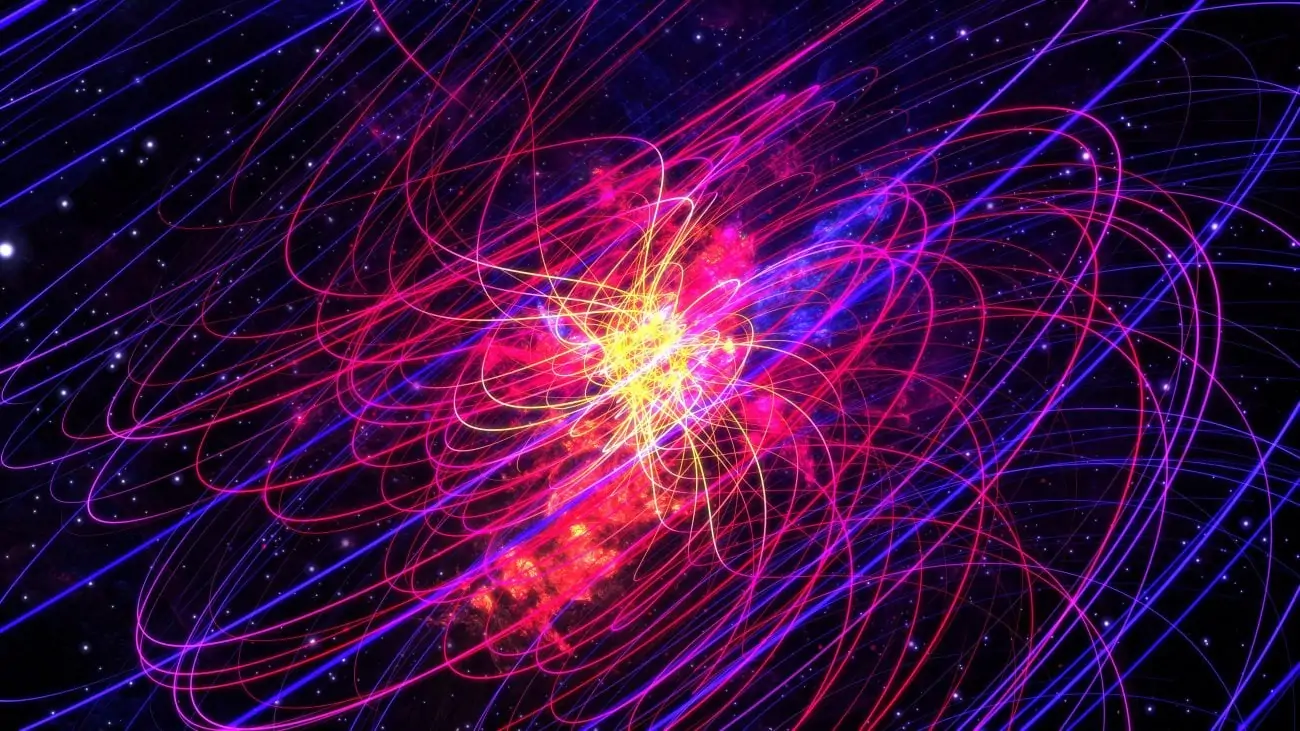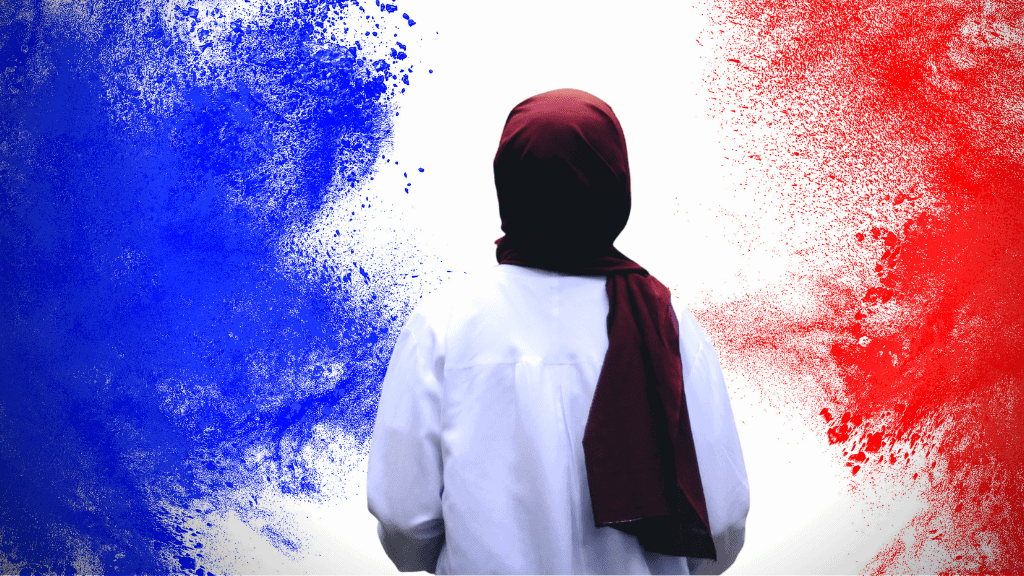Covid-19, and the lockdowns that have resulted, have changed the lives of all of us. Instead of being free to delight in the pleasures of the world, we now must adjust to being indoors far more. Many feel empty, isolated, even despairing. It is in this condition that, according to recent statistics, people have been googling ‘how to pray’ more since lockdown began. According to the Telegraph, the pandemic has resulted in Google searches for prayer reaching the highest levels ever recorded.
In the background of a virulent pandemic that has claimed the lives of over 800,000 people worldwide (as of writing), it is little wonder that people are seeking prayer. Suffering and isolation cause us to become more spiritually reflective. We develop a desire for self-improvement, and a longing grows within us to discover the true purpose of our existence. We wish to ascribe meaning to the hardships we face, having come to terms with the transient nature of human life.
This, right now, is where many of us are finding ourselves — feeling a deep-pitted desire for connection and transcendence floating to the surface.
So if you too, dear reader, are stirred by the circumstances — overcome and overwhelmed by an unknown desire to reach beyond, this is for you. This is a guide on how to pray and find God.
What is Prayer?
Prayer is a universal, timeless practice advocated by all major religions as a means to connect to a Higher Being. Whether it was Moses up at Mount Sinai, Jesus in the Garden of Gethsemene, or Muhammad retreating into the Cave of Hira, people of God, peace be upon them all, have always sought their Creator through prayer.
At its simplest, prayer is a way of seeking God and establishing a relationship with Him.
But why pray? After all, we can practise mindfulness to soothe our anxieties without having to struggle towards God, bringing with it the weight of meaning or purpose.
Well, prayer is not there to simply capture a moment of tranquility; its purpose lies in spiritual connection and self-reformation. Far removed from a hollow ritual, prayer is about reaching up towards God so that He reaches down. This process necessarily leads to self-reformation. When we want a relationship with God, we recognise Him through his attributes, reflect upon them, and then emulate those perfect qualities in our own selves to whatever extent we can. Prayer thus sparks action towards moral and spiritual reformation, and thereby gives us a relationship with the Living God, the Creator of the Universe.
That all Prophets of major religions have expressed the need for prayer speaks to its significance; prayer is not bound by doctrine or dogma, rather it fulfils a desire within each one of us to connect with our Creator, the Perfect Being in whose hands lie our very existence.
Left unfulfilled, we claw and itch at this desire — always seeking to belong somewhere, rooting ourselves in materialistic distractions, only to return with a quiet frustration. Part of the purpose of praying is to satisfy this innate desire of belonging by recognising our status as creation, and thus our inherent relationship with our Creator.
A Universal Prayer
Islam as the latest major religion provides an expansive understanding of God — One God, who revealed all major religions. It is the only religion that affirms the truth of all prophets of God. Be it Krishna, Buddha, Confucius and Zoroaster — Moses, Abraham or Jesus, peace be on them all, a Muslim is duty-bound to affirm the truth in the original teachings of all previous prophets. According to Islam, it was that one God who sent thousands of Prophets across history, all over the world, to proclaim His existence, and provide moral and spiritual guidance.
Marking this spirit of universality, the Quran opens with a prayer that addresses God as ‘Lord of all the Worlds’ — an invitation to people of all faith and no faith to recognise their Creator.
Here is that prayer:
“All praise belongs to Allah, Lord of all the worlds,
The Gracious, the Merciful,
Master of the Day of Judgement,
You alone do we worship and You alone do we implore for help,
Guide us in the right path—
The path of those on whom You hast bestowed Your blessings, those who have not incurred Your displeasure, and those who have not gone astray.”
From the outset, the prayer establishes our relationship with God – a gift from the Creator to His Creation. Lord of all the worlds speaks of the universality of Islam. God is not for one people, but for all creation in every plane of existence. The term Rabb (Lord) implies creator, developer and sustainer. God is therefore not just the Creator of all things, but also develops them to the highest stages of perfection, and sustains their existence.

It then introduces attributes of God for us to better understand Him. He is the Gracious without our asking and Merciful by rewarding our meagre efforts. Being the Master of the Day of Judgment sets the distinction for God’s Mercy. Unlike an earthly judge who is bound by the rule of law, the Master of all may forgive crimes, and bestow such reward upon the victim as to demur all complaints of injustice. ‘His Mercy encompasses all things,’ says the Quran, meaning that wherever we are in life, we can always draw towards Him despite our failings.
Shifting into first person to address God personally, the prayer continues by recognising our state of dependency on Him. Thee alone do we implore for help. Finally, after presenting and acknowledging praiseworthy attributes of God, a prayer is addressed to Him. Guide us in the right path. Both the devout and weak in faith are in need of this prayer because the stages of nearness to God are endless. As we continue on our progression towards God, we are always in need of guidance to the right path; it signifies a sense of straightness, thus we are praying for the shortest and most effective means to attain our goal. We then ask not to be of those who reject God’s guidance via the Prophets, nor to be of those who accept it but then twist it, straying far away from that right path.
The beauty of this prayer lies in its unifying nature. It is an invitation from God to speak to Him. It is indeed a prayer that speaks to each and every human being regardless of colour, creed or culture. Its universal accessibility, using an intuitive sense of God, makes it the perfect way to begin one’s journey towards Him.
Finding God
The path to God is one of patience and prayer.
“O ye who believe! seek help with patience and Prayer; surely, Allah is with the steadfast.”
— Holy Quran 2:154
The order in which the above verse mentions how to seek help is not without significance. Prayers can only be effective when met with physical effort, where all of one’s faculties are employed to help achieve the goal. Just as achieving anything worthwhile in worldly life requires dedication and commitment, the same is the case when seeking to cultivate a relationship with the Creator of the Universe.
So, to seek God you must invest in both internal and external effort — intention must beget action. We recommend giving frequent, small sums of charity, and doing other good deeds during your period of prayer. Why? Because to find God and know of His Love, you must attract it. Spiritual beauty lies in reforming yourself to become more righteous. Charity does this exactly. An act of charity is never singular. It promotes good-will in ourselves and inspires others to do the same. And by showing sincere love to His creation, we attract the love of the Creator.
How long should the period of prayer and spiritual effort be? We suggest starting off with 40 days, doing the above prayer once or twice a day. If done sincerely, this is long enough to show God that this is no passing fad. You sincerely want a relationship with Him.
You should also add your own prayer to the end of the prayer above, in your own words. Pray for something that is wholesome, but personal to you.
We strongly believe that if someone follows all these steps in true sincerity, God will start to reveal Himself to that person in the form that God knows best. That may be through the answering of your prayer, the formation of a deep-seated conviction, a change in your life circumstances, or a ‘true dream’ — a meaningful message from God in an unusually clear dream, one which contains meaningful information about the future or some other pertinent issue.
Seek help with patience and prayer.
Conclusion
Isolation in lockdown, and lack of worldly entertainments, brews an agitation and restlessness. But this restlessness can be a force for good; restlessness has been channeled by all Prophets of God to reach out to Him and develop a personal, two-way relationship with Him.
The Prophet Muhammad, peace be upon him, would go into the Cave of Hira with food prepared by his wife to sustain him for several days at a time. Like us, the Prophet too felt agitated by the world around him. Arabia was steeped in all forms of immorality and vices and Muhammad, peace be upon him, saw its spiritual and moral decay.
In some respects, many of us find ourselves in a similar position to this Great Prophet. Though he chose social isolation to focus on his prayers, many of us have had it forced upon us. The prospect of a second and third wave of the virus threaten us. Questions of meaning, purpose, and the direction of our world, previously numbed through endless distraction, have now come to the fore. We may even have been so unfortunate as to have seen the temporary nature of life with our own eyes.
But with adversity comes opportunity. Perhaps we can use lockdown to create our own Cave of Hira. Perhaps we too can form a connection with our Creator, and find in moments of solitude an end to our spiritual isolation.
There is no path nearer than the path of love; Following which the seekers cross countless thorny deserts.
Love is the secret to reach Him; It is the alchemy that will make you wealthy beyond imagination.
The arrow of love never flies in vain; O my archers, slacken not for a moment.
This is the fire that shall protect you from all fire; This is the water from which flow countless springs.
It is love that will make that Eternal Friend come to you by Himself; It is this that shall adorn you with garlands of true knowledge’
— From a poem by Hazrat Mirza Ghulam Ahmad, The Promised Messiah and Imam Mahdi, Founder of the Ahmadiyya Muslim Community











5
Could I just make one correction in the article ” How to Pray to God”. When it is said about God that “His Mercy encompasses all things” one should also mention except adding a partner to God.(4,49 & 4.117)
If they repent, then they are forgiven. If they do not, then punishment is a form of mercy. It is the only way to prove to someone that an idol does not exist in reality. Because, otherwise, they would have interceded and stopped you being punished. If God didn’t punish idolatry, you would always assume the idol is powerful and interceded on your behalf. So it would be validation of your false beliefs.
4.5